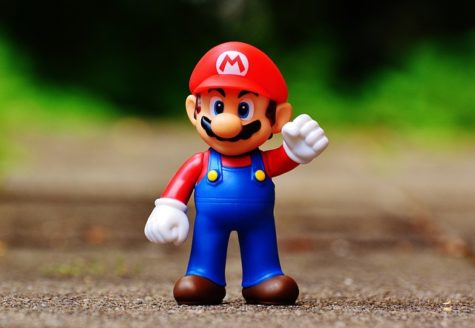MONTREAL — Looking to power up your brain in old age? A new study finds that the secret to a sharper mind may be… Super Mario? Believe it or not, yes.
Previous studies focusing on healthy young adults showed that playing certain video games increases gray matter in the hippocampus, but researchers from the Université de Montréal wanted to see if those results also occurred in seniors. Sure enough, the authors found that older adults who played Super Mario 64 regularly showed improvements in cognitive function. It’s now believed that similar three-dimensional platform games might help seniors fend off mild cognitive impairments, or even Alzheimer’s disease.
To reach their findings, the researchers studied the brains of a group of people at least 55 years old after six months of either regular video game playing, piano playing (for the first time in their lives), or neither.

The researchers used cognitive performance tests and magnetic resonance imaging (MRI) to measure changes to their subjects’ brains. According to MRI scans, only the participants who played Super Mario 64 for 30 minutes a day, five days a week enjoyed increases in grey matter in the hippocampus and the cerebellum. The gamers’ short-term memory also improved.
Those who played piano for the study also saw gray matter growth, but in different parts of the brain. Gray matter atrophies as people age, particularly when people are not learning new things.
“The good news is that we can reverse those effects and increase volume by learning something new, and games like Super Mario 64, which activate the hippocampus, seem to hold some potential in that respect,” says co-author and psychology professor Gregory West in a university release.
West, along with co-authors Sylvie Belleville and Isabelle Peretz, concluded that three-dimensional worlds, even cartoonish ones like Mario’s Mushroom Universe, require the player to create mental maps of the digital worlds they’re exploring. “3-D video games engage the hippocampus into creating a cognitive map, or a mental representation, of the virtual environment that the brain is exploring. Several studies suggest stimulation of the hippocampus increases both functional activity and gray matter within this region,” says West.
Adds Belleville: “These findings can also be used to drive future research on Alzheimer’s, since there is a link between the volume of the hippocampus and the risk of developing the disease.”
The full study was published Dec. 6, 2017 in the journal PLOS One.
